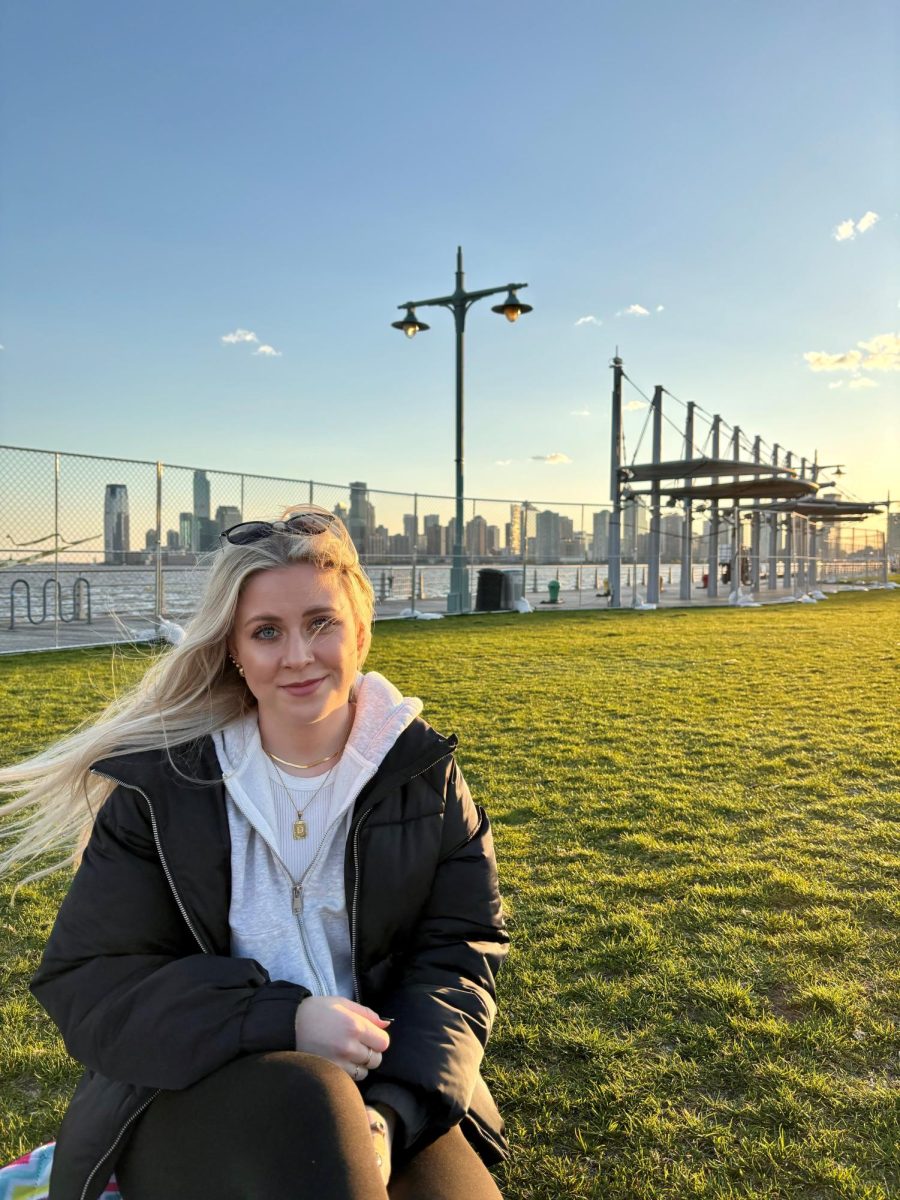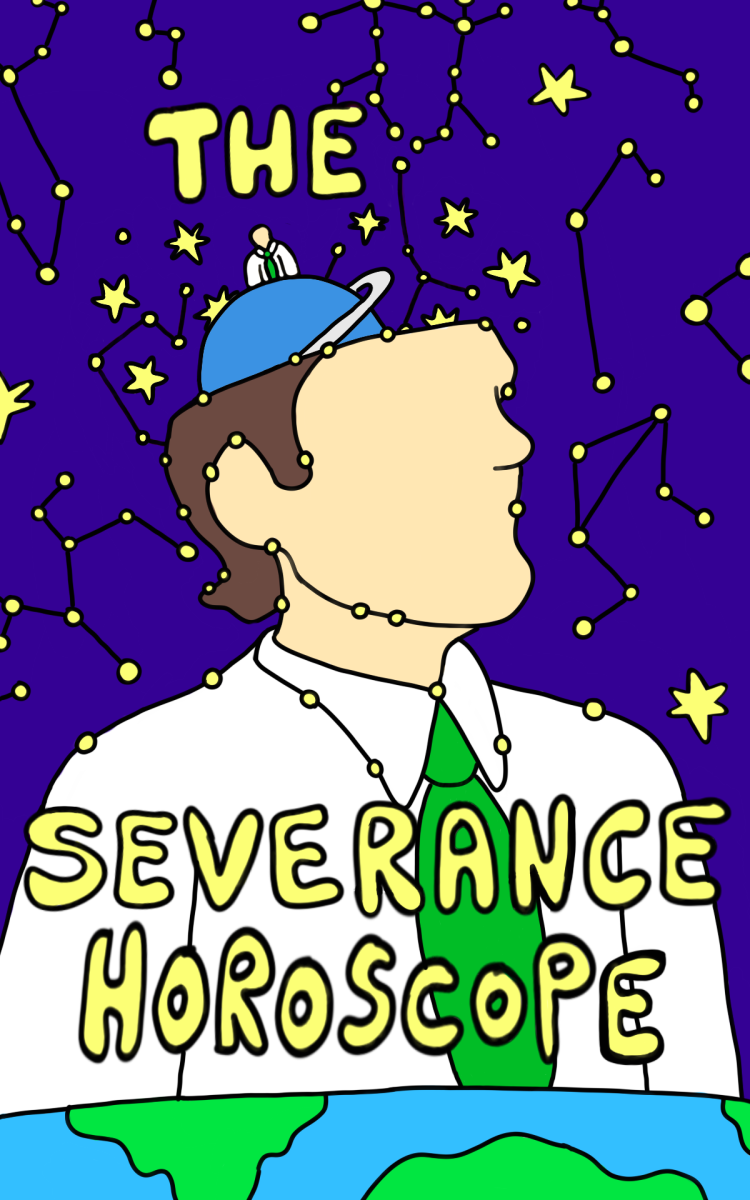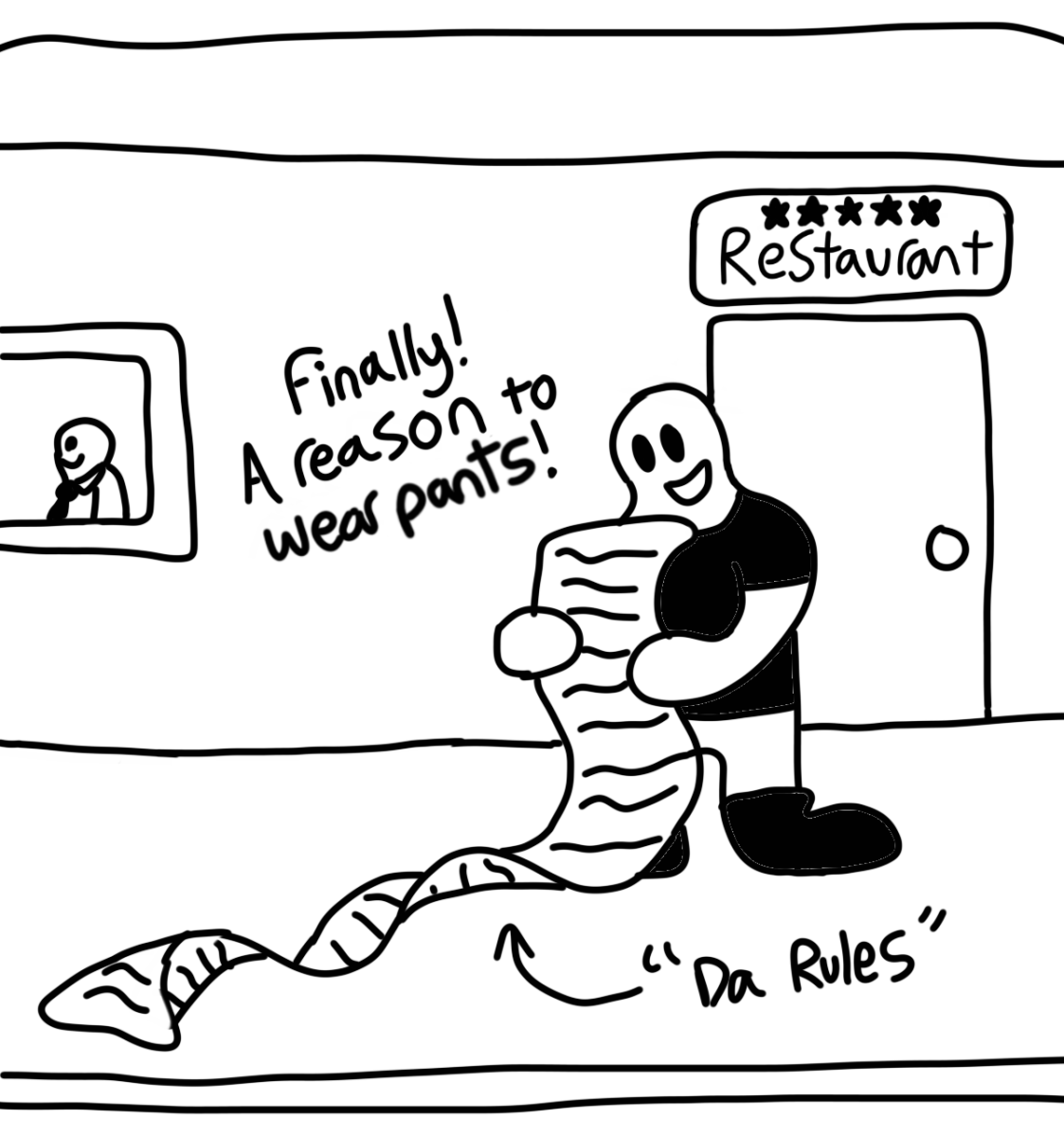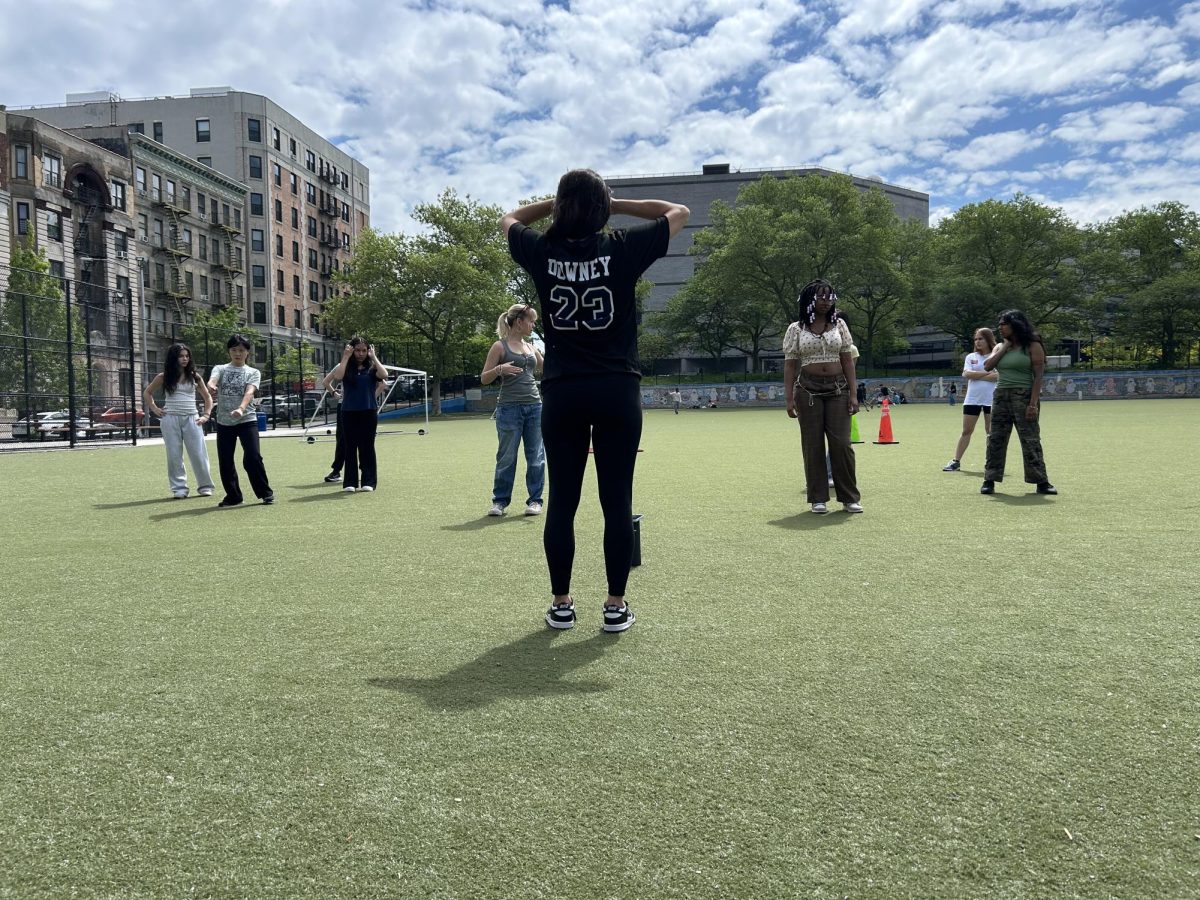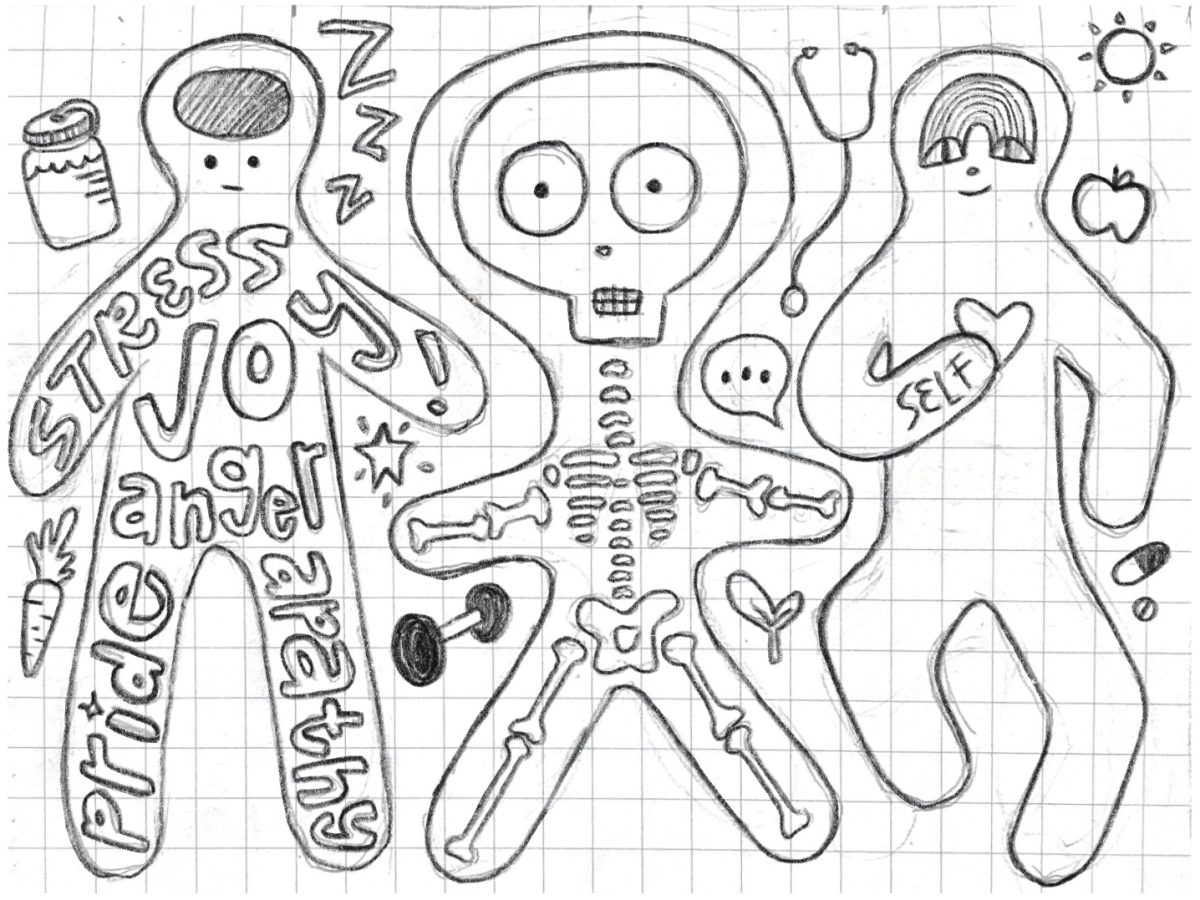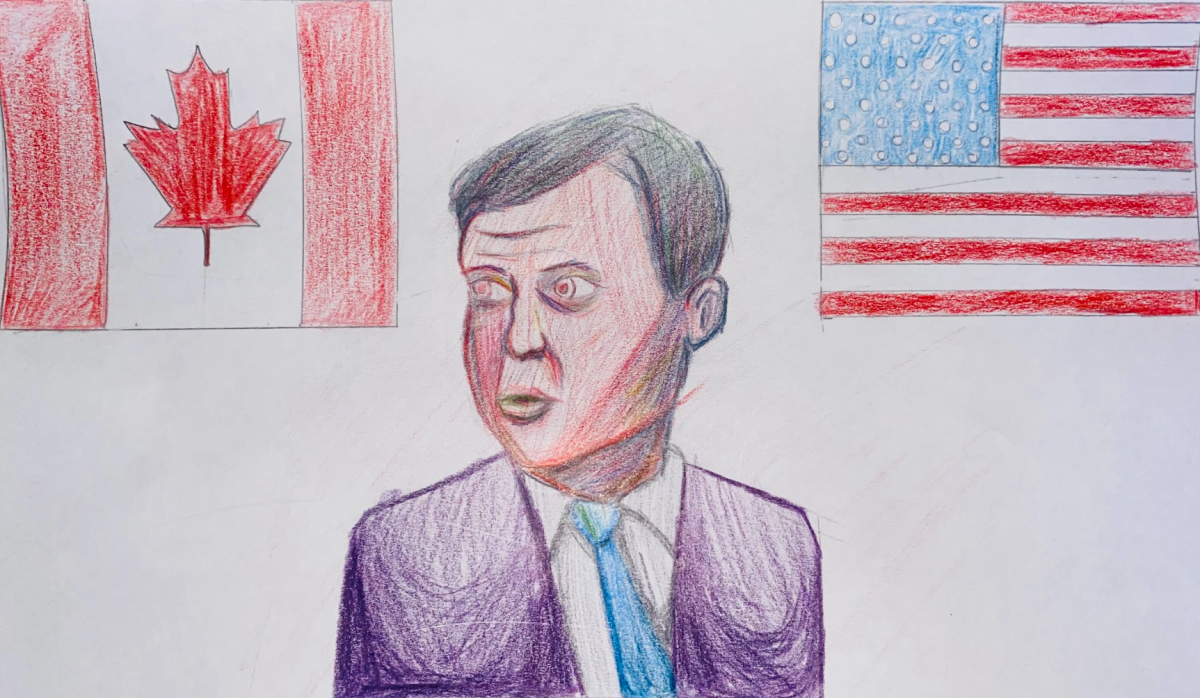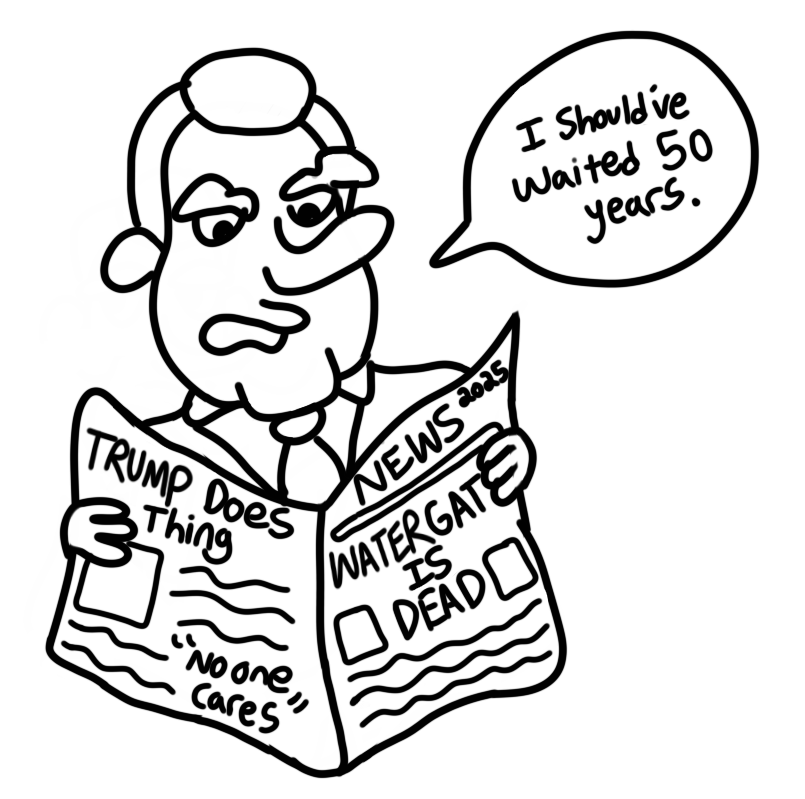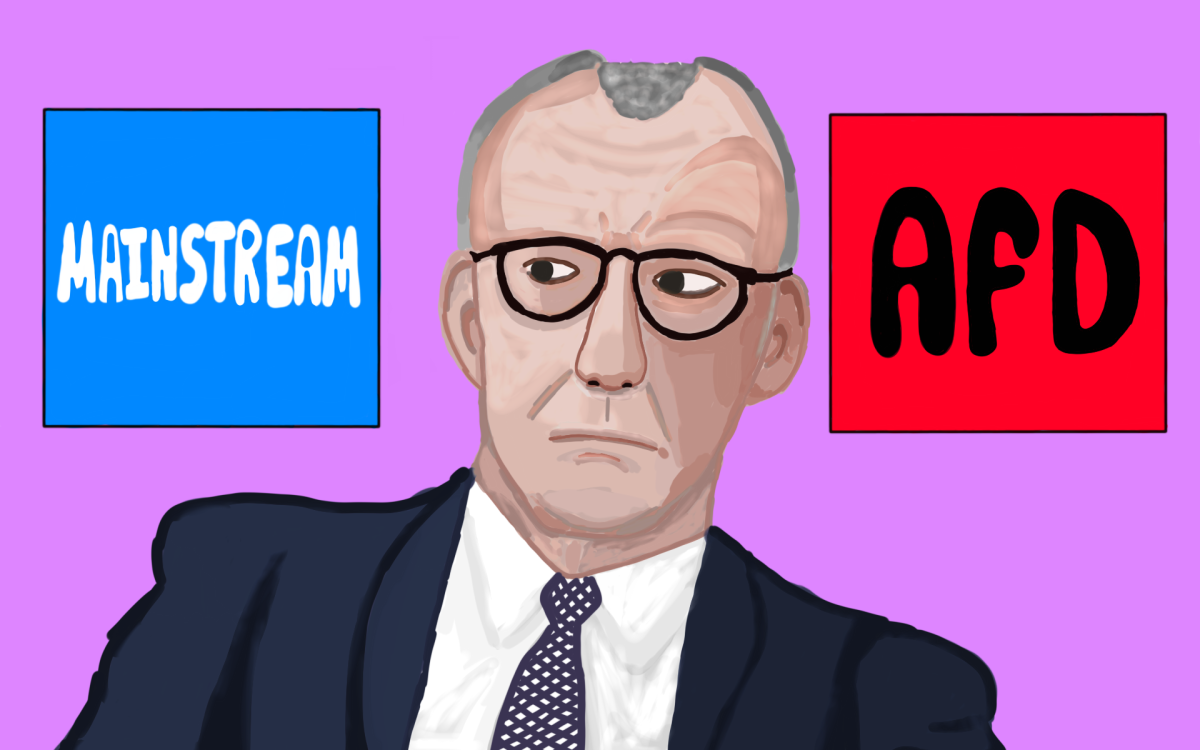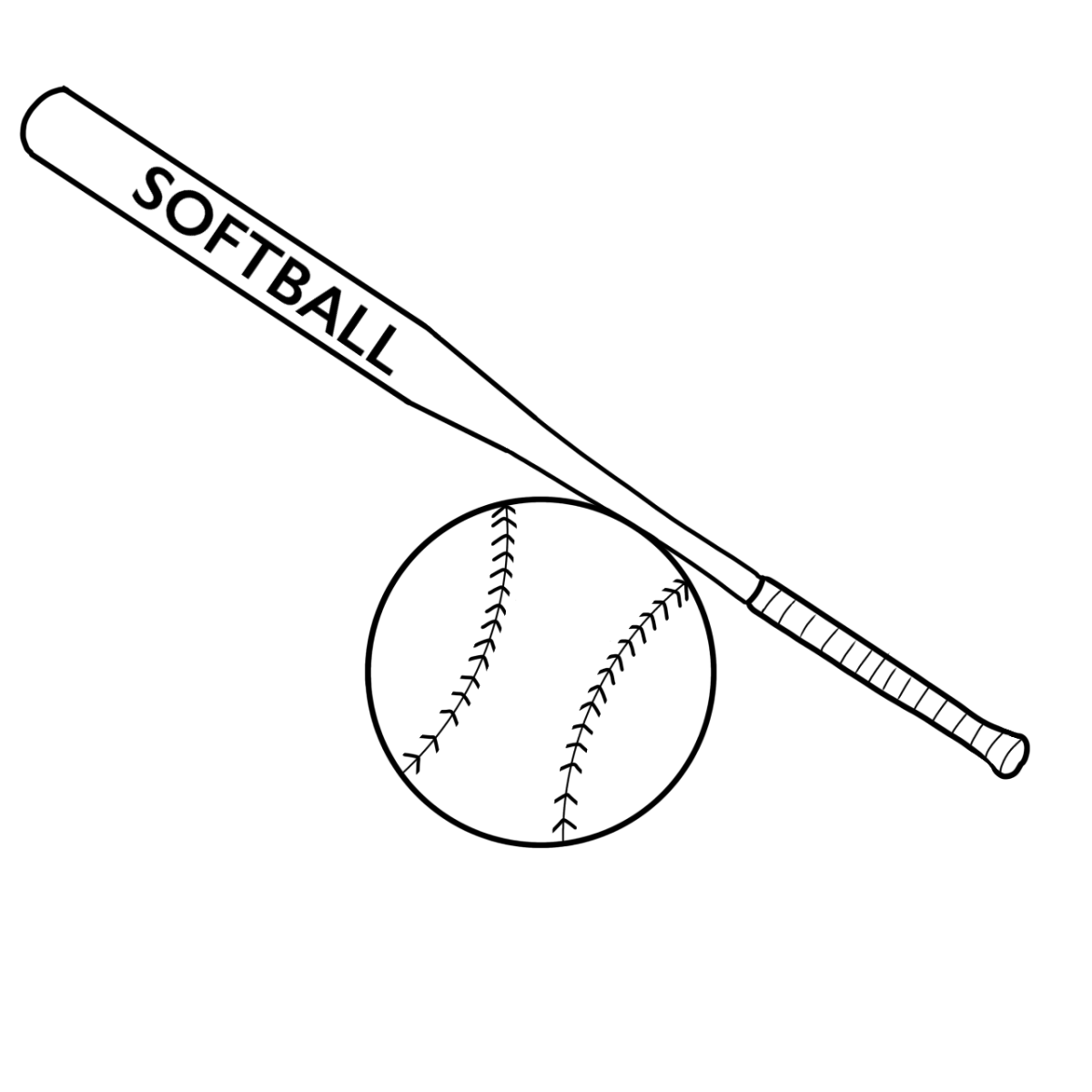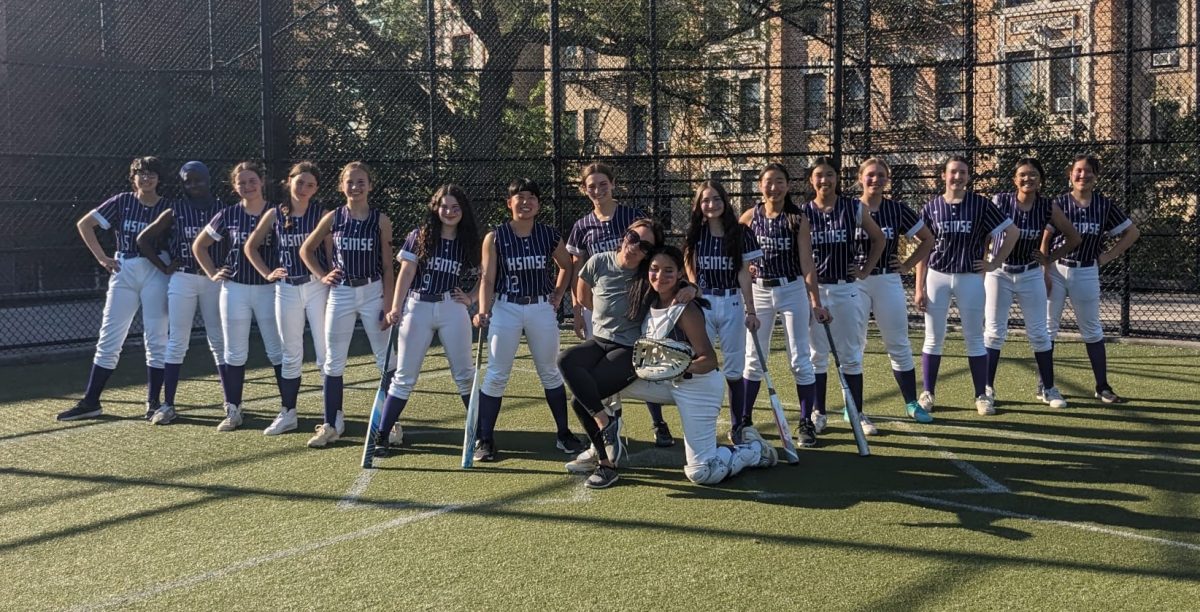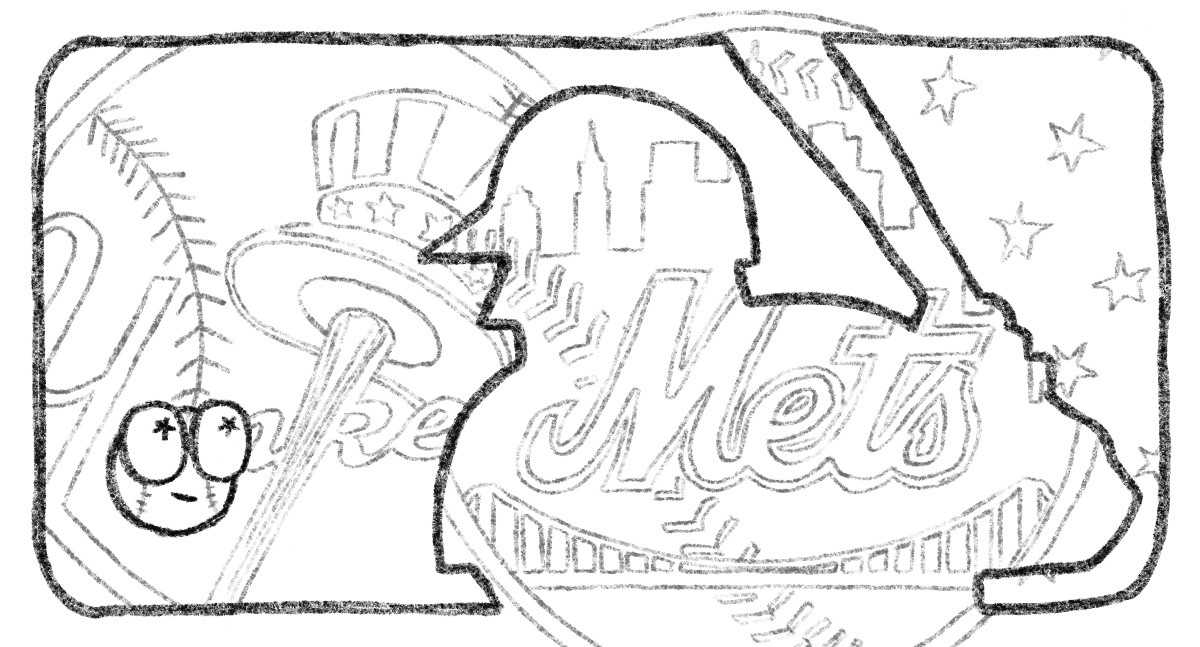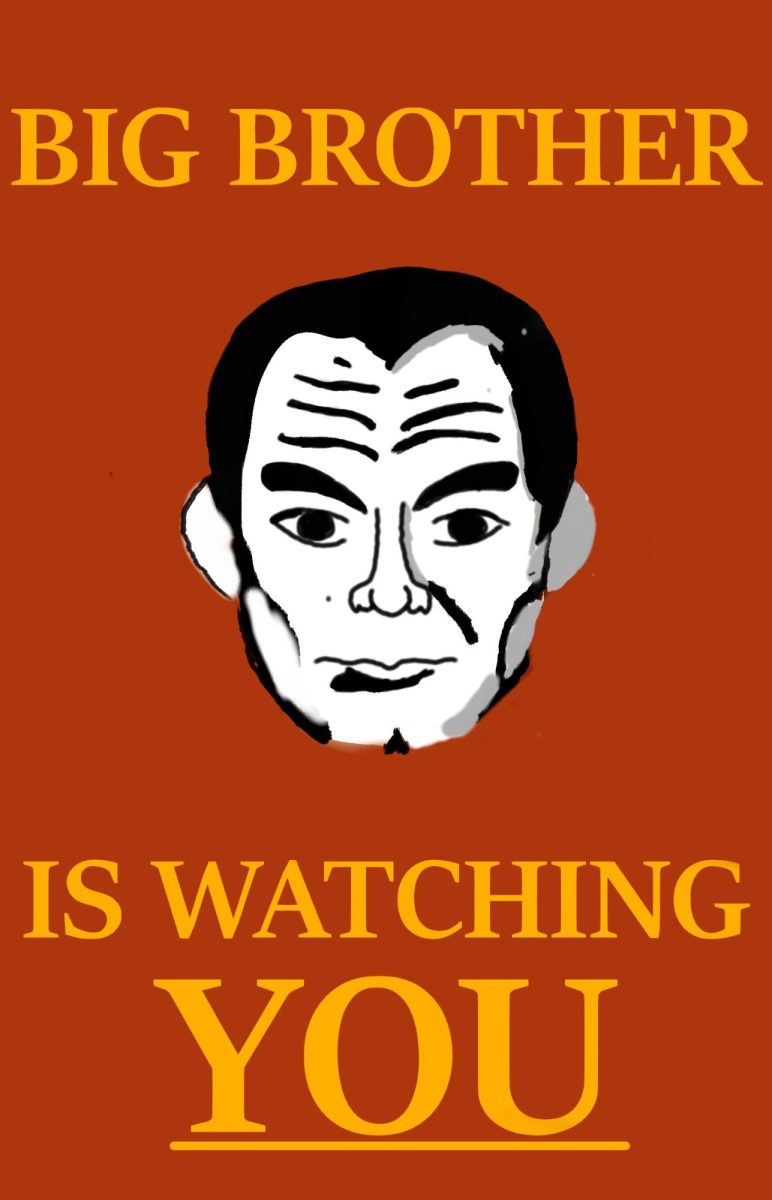In today’s political climate, it often feels as if governments are turning against their own citizens. While governments are capable of great deeds for their citizens, they often seem more focused on violating their human rights, such as freedom of speech, privacy, and access to information. George Orwell’s 1984 vividly portrays this danger, and its warnings about censorship, surveillance, and political suppression remain as relevant as ever. From China’s Great Firewall to U.S. surveillance after 9/11, Orwell’s dystopian vision remains disturbingly relevant in our world today.
1984 warns against censorship, propaganda, misinformation, and nationalism, showing how it can have serious consequences as people live in ignorance to the truths of their government, which violates their basic human rights. 1984’s warnings display extremely concerning similarities to today’s world. If all of us, from the students at HSMSE to government officials in Congress, fail to recognize such parallels to a dystopian society and act upon those warnings, we risk losing our human rights.
Before we look more deeply with regards to modern life and 1984’s essential lessons in political extremism and government, we must first understand its author, George Orwell. George Orwell was born on June 25, 1903, in Motihari, Bengal, India. During his early years, he worked for the Indian Imperial Police in Burma. Orwell’s time in Burma disillusioned him with institutional corruption, which sparked his exploration of political oppression and freedom in his later works. He later moved to Paris and London, where he experienced firsthand the socio economic devastation of poverty, from unfit living conditions to homelessness, writing about these struggles in his book, Down and Out in Paris and London (1933). His dissatisfaction with the state of poverty in these nations prompted him to join the communist struggle during the Spanish Civil War. There, he was a member of the militia of the POUM (Workers’ Party of Marxist Unification), a political extremist group with communist ideas. The POUM, however, was seen as a threat to the Spanish Communist Party, and was therefore suppressed. This betrayal from fellow communists shifted his perception of communism from a political ideology that he could sympathize with, to yet another ideology that led to bloodshed, which is evident in Homage to Catalonia (1938). He used his experiences as a police officer and soldier to write about totalitarianism, propaganda, abuse of power, and surveillance in modern society, namely in Animal Farm (1945) and of course, 1984 (1949).
1984 is a story about a man by the name of Winston Smith. He is an average worker in the fictional country of Oceania, ruled by a political entity known simply as “The Party,” symbolized by a character simply known as “Big Brother.” The Party employs strict surveillance and a culture of submissiveness to the government with the iconic and well known slogan, “War Is Peace. Freedom Is Slavery. Ignorance Is Strength.” The book focuses on Winston’s secret and illegal love affair with another Oceania citizen, Julia, as he fights Oceania through a resistance group known as the Brotherhood. They are caught by Thought Police—law enforcement agents—and tortured into ratting each other out. The story tragically ends with Winston embracing Party Ideology after enduring brutal torture. It warns against propaganda, excess government control, and mass data collection of the people.
Why is this relevant to us? It is because we must understand that these threats to our freedoms are critical and must be resolved before it’s too late.
One country that exemplifies these threats is modern China, where there’s a long history of suppressing political dissidents, starting with Mao Zedong’s Cultural Revolution (1966-1976). During this time, Mao purged ideas considered “counter-revolutionary,” leading to widespread persecution of artists, educators, and intellectuals. This history is further darkened by the Tiananmen Square Massacre in 1989, when the military killed protesters peacefully protesting for freedom of speech and an end to government corruption. Today, the PRC (People’s Republic of China) suppresses political dissidents through the infamous Great Firewall. The Great Firewall is a censorship system that filters websites, keywords, and content that the Chinese government deems inappropriate. An example of this is the Falun Gong movement, which the Chinese government claims is a cult despite not meeting the requirements for being labeled as such. The Chinese government’s censorship extends not only to the internet, but also to media, literature, and other forms of communication as well, violating the people’s right to protest through the suppression of their voice. This mirrors Orwell’s 1984, where the government manipulates information and suppresses dissent, creating a society that lives in ignorance. This is similar to the Great Firewall, which restricts access to information, ensuring that challenges to authority are swiftly silenced. By controlling what people can see, read, and discuss, both The Party’s regime and modern China aim to prevent opposition, ensuring that any challenge to authority is swiftly silenced. These actions by both The Party and the Chinese government serve as a reminder on the consequences of a government with unchecked power. We must all remain vigilant in protecting the human right of freedom of speech and access to information, lest we lose these important rights.
Another example is the country you’re probably in right now: the United States. The United States, like China, has grappled with its own complex issues with government overreach, particularly surveillance. One example of this is the Patriot Act, which was created in response to 9/11 to prevent future terrorist attacks by allowing law enforcement to access personal information online with reduced judicial oversight, often without a traditional warrant. The government silenced citizens’ concerns over an overstep of power with the claim that the act was for the betterment of the nation, and that it was unpatriotic to be against it. However, mass data collection has proven more effective at surveilling the populace than actually stopping terrorism, failing to stop terrorist threats such as American David Coleman Headley, an American involved in planning the 2008 Mumbai attacks. This is similar to Orwell’s 1984, where mass surveillance projects originate from fear of the “other” and can be overreaches of government power. It is crucial for people to unite to prevent such from happening, remaining vigilant ensuring that security measures do not undermine the very rights they aim to safeguard and holding the words of politicians up to scrutiny, making sure that any claims about protecting public safety do not come at the expense of fundamental freedoms, protecting the people’s human right of privacy.
Last, but not least, is Russia. Russia, like China and the United States, has a complicated relationship with government overstep of power. From the days of the Tzar, to the decades of the Soviet Union, the Russian government has spied on their own citizens, cracking down on dissidents and people who they viewed as a threat for simply having a political opinion that didn’t match with the government. The modern country of Russia follows this trend, with the Putin regime using mass surveillance and social media to track information on people’s opinions on political leaders. They also support widespread political suppression, from arresting protesters opposing Putin’s war in Ukraine to imprisoning journalists like Evan Gershkovich. Putin’s regime also has a history of murdering people they don’t like, including political rivals such as Sergei Yushenkov and known dissidents such as Aleksei Navalny. Finally, the Russian Government is known to lie and use propaganda to further their agenda, which is especially prevalent during their ongoing invasion of Ukraine. These actions result in the Russian people either living a life of spoon-fed lies or, in the case of certain individuals within Russia, fear of their government, who can kill them for expressing dissenting views
Like in 1984, Russia’s government maintains control by instilling fear and eliminating dissent. This is a gross violation of basic human rights to freedom of speech and privacy, and must be pushed back with unwavering resolve by the people. If people do not push back against violations on basic human rights by their governments, then such government overreach will set a dangerous example for other nations, who may be inspired to follow in said government’s footsteps.
One of the factors fueling the rise of authoritarianism today is the rise of cable news television, whose main incentive is not to inform, but to sell an agenda that keeps viewers’ attention and thus brings in more money. This results in news agencies sometimes giving lopsided reports on important issues, resulting in people being outraged by the altered reports and gaining extreme ideological beliefs born from disinformation. Other factors include weak democratic institutions, nationalism, and most importantly, fear. In weak democracies, leaders can seize control of the levers of state and become all powerful through pushing laws and sidestepping weak legislative authorities. Nationalism can blind individuals to a country’s systemic flaws that require deep institutional changes to solve. This often leads them to blame a scapegoat, usually a minority group. Nationalists may fall for the rhetoric of leaders who promise to restore a glorified past—often not as great as they believe—who are, in reality, seeking power for themselves. Lastly, fear can drive people to make illogical choices during desperate times, as they blame minority groups and immigrants as the source of their economic and political problems, succumbing to irrational fears. They can choose to support delusional leaders who make irrational decisions that don’t hold up to scrutiny. This is despite the reality of there needing to be systematic change in order for a country to improve.
So what are some things that we can do? There are many proven ways to counteract and fight against politicians’ lies, propaganda, censorship, and other examples of government overstep of power. These include raising awareness, protesting, and grassroots movements. A notable example is the passage of the USA FREEDOM Act. Signed into law by President Obama, the USA FREEDOM Act curtailed the government’s ability to collect data indiscriminately given by the Patriot Act and introduced new oversight measures. It originated from widespread awareness and frustration at the sheer extent of surveillance allowed by the Patriot Act, which led to coordinated grassroots efforts such as protests, eventually leading to the passage of the USA FREEDOM Act. This demonstrates the power of collective action in fostering more transparent and accountable governance. While this is not the end of government surveillance internationally nor in the United States, as other acts such as FISA Section 702 sweeps up Americans’ data incidentally and can use it without a warrant, it is nonetheless a major accomplishment for the American people, and a symbol that other countries should follow when it comes to protecting human rights while balancing national security concerns.
Ultimately, preventing future political acts like the Patriot Act from infringing on basic human rights requires systemic efforts to counter excessive government control. While this will undoubtedly not be easy, it is essential that the masses come together and stay vigilant against governments and politicians who lie about what they are doing, such as the US politicians on the extent of the Patriot Act. History shows that it is not just a small group of individuals, but the general public—the people—who have successfully defended human rights. Thus, we, the people, must unite and be vigilant in order to safeguard the freedoms that define a just society.









